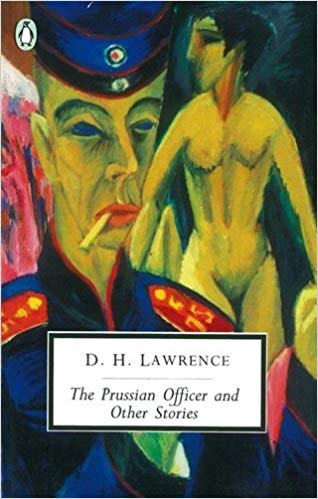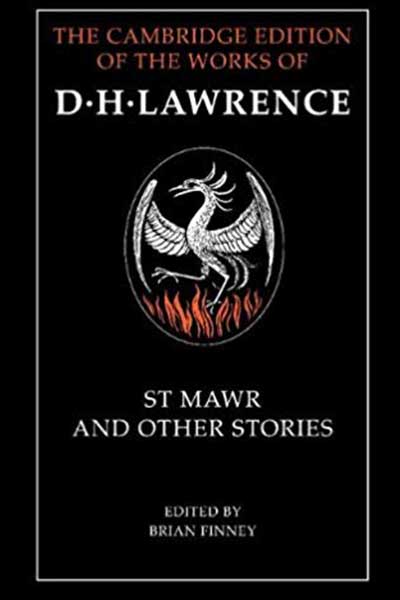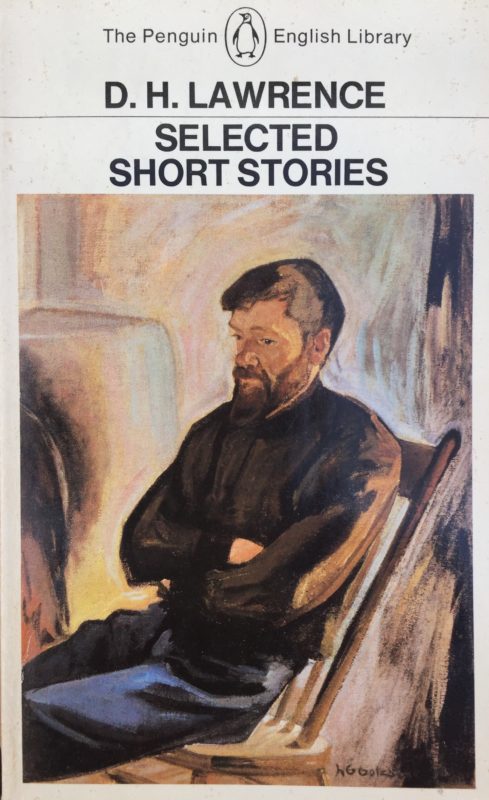The Prussian Officer and Other Stories
His first published collection, these twelve stories were written between 1907 and 1914, during a crucial period of development for Lawrence from which he emerged a leading figure of the modernist movement. Reaching new levels of feeling and experience, these stories range from the tale of a Prussian officer who drives his orderly towards a bloody reckoning, to the strangely exotic elements of "A Fragment of Stained Glass", and the divisions within society and conflicts of the heart that form the central themes of "Daughters of a Vicar". Interweaving individual lives, their happiness, failures, and defeats, with the profound forces of nature, Lawrence has created stories of remarkable power and sensitivity. This Penguin edition reproduces the newly established Cambridge text, which is based on Lawrence's manuscripts, typescripts, and corrected proofs.
More info →St Mawr and Other Stories (The Cambridge Edition of the Works of D. H. Lawrence)
The texts are newly edited from Lawrence's original manuscripts and typescripts, eliminating mistranscriptions and unauthorised alterations made by publishers and printers for reasons of housestyling, fear of prosecution or moral censoriousness. In some cases whole lines of text, which have been omitted in the first and subsequent editions, have been restored. The textual apparatus records all variants. The introduction uses unpublished material to trace the genesis and reception of each work. The notes give the translation of foreign words, the explanation of classical, biblical, literary and historical references and the reasoning behind some of the more involved textual cruces.
More info →Selected Short Stories of D. H. Lawrence
This selection of short stories has been made not only to offer a representative and wide-ranging selection of D. H. Lawrence's shorter fiction but also to trace a pattern of development in the author's career. As Brian Finney writes in the Introduction: "To follow the development of his stories from the gauche anecdotes of his early twenties to the sophisticated parodies of the genre that he wrote in the last years of his life is like retracing the history of the genre from its pre-Chekhovian social realism and watching it reach forward to the verbal play and self-conscious artificiality of postmodernist writers such as Borges and Beckett."
More info →



